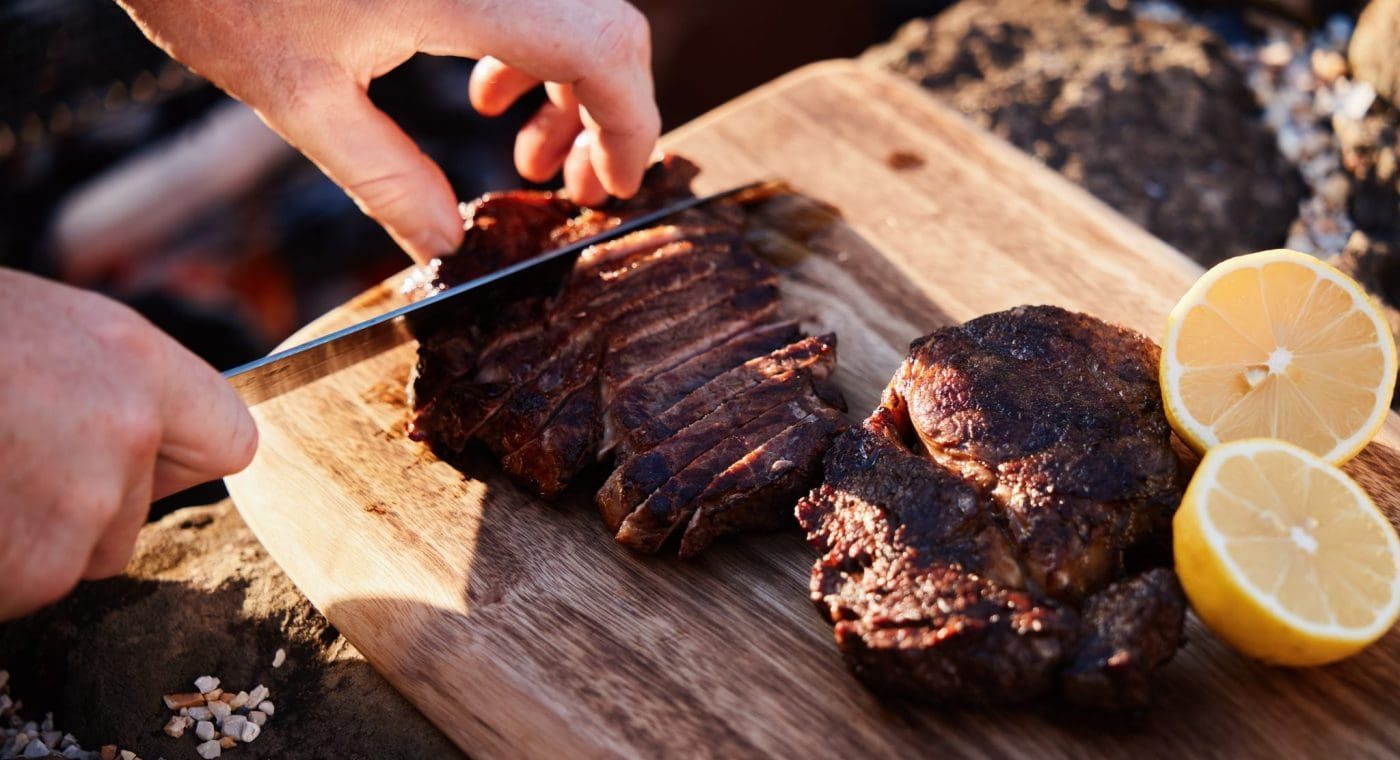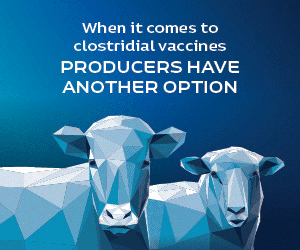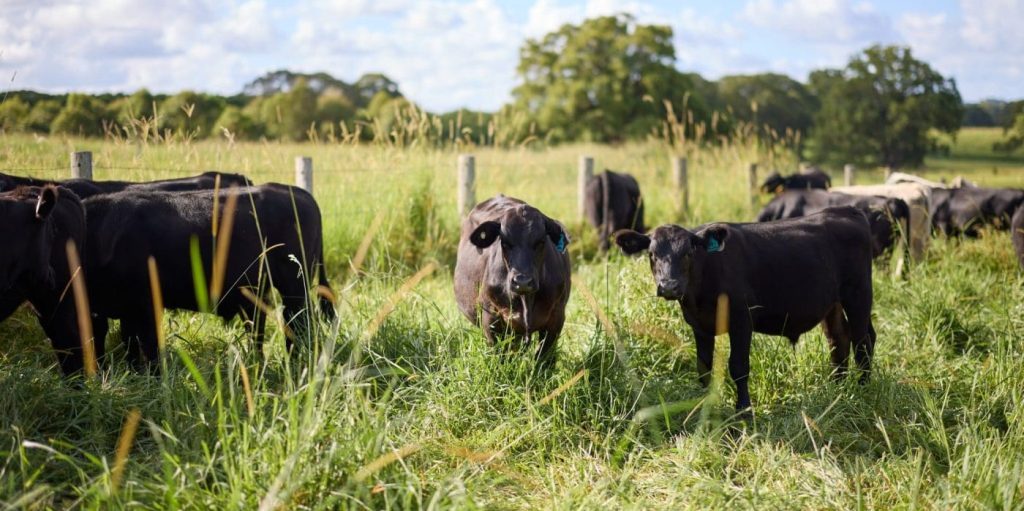
GRASSFED Angus beef carrying low methane emissions claims through the use of feed additives based on asparagopisis seaweed is now appearing on restaurant menus for the first time.
The Three Blue Ducks restaurant chain part-owned by MasterChef personality Andy Allen is now serving low emissions certified grassfed beef in its restaurants in Byron Bay and and Rosebery (Sydney). The chain also has eateries in Bronte, Nimbo, Melbourne and Bellingen. The beef is grown using pioneer asparagopsis grower Sea Forest’s SeaFeed supplement.
Low emissions beef fed rations containing 3NOP (Bovaer), produced by the North Australian Pastoral Co and others has been sold in restaurants and food service outlets since 2019. Supermarket retailer Coles added its carbon-neutral Bovaer-fed Coles Finest beef range in 2022.
However Three Blue Ducks claims to be offering “the world’s first low-emissions steak (produced with asparagopsis-based SeaFeed), reducing methane emissions by up to 67pc,” Sea Forest and Three Blue Ducks says in a statement.
Three Blue Ducks says the partnership celebrates the business’s commitment to sustainability and high-quality food, claiming a “world-first in sustainable dining.”
 “By utilising Sea Forest’s innovative SeaFeed, a seaweed-based supplement, the restaurant group is taking a significant step toward mitigating the environmental impact of livestock farming while delivering a delicious, high-quality steak to diners,” the statement said.
“By utilising Sea Forest’s innovative SeaFeed, a seaweed-based supplement, the restaurant group is taking a significant step toward mitigating the environmental impact of livestock farming while delivering a delicious, high-quality steak to diners,” the statement said.
“At Three Blue Ducks, we believe that amazing food can be good for the planet, which is why we’re so excited to serve the world’s first low-emissions steak,” said Three Blue Ducks co-founder Darren Robertson.
“With Sea-Fed Beef, we’re not just offering our diners a quality product, we’re also helping tackle the climate crisis by reducing the methane emissions from cattle. It’s a true win for everyone – from the farmers, to the environment, and to our customers who can enjoy their steak with a clearer conscience.”
Sea Forest’s SeaFeed product is a natural seaweed supplement formulated from the evolving science of the native red seaweed, asparagopsis that when added to cattle feed, reduces methane emissions by up to 67pc. Methane, a potent greenhouse gas, is 84 times more effective at trapping heat in the atmosphere than carbon dioxide, which made its reduction vital in the fight against climate change.
By incorporating Sea Fed Beef into its menus, Three Blue Ducks claims to be helping reduce the agricultural sector’s contribution to global warming, one meal at a time.
“The Sea Fed Beef served at Three Blue Ducks is 100pc Australian-reared, free-range Black Angus, raised on nutrient-rich pastures with no antibiotics or hormones. Cattle are fed a small amount of SeaFeed, which has a natural, scientifically-backed ability to reduce methane emissions, all while maintaining the same rich and tender flavour diners expect from a premium steak,” the statement said.
“This new offering gives diners the chance to enjoy a premium steak with a significantly lower environmental footprint. It also supports local farmers by providing them with an opportunity to reduce their methane emissions and maintain their livelihoods without sacrificing the quality of their product.”

Angus cattle receiving a Sea Forest asparagopsis supplement as part of the supply chain delivering low-methane beef to the Three Blue Ducks restaurant chain
Sea Forest chief executive Sam Elsom said Sea-Fed Beef was “huge for the global food industry.”
“We hope it will soon be found on menus around the world. Not only does it deliver the quality and flavour that steak lovers crave, but it also represents a crucial step toward more sustainable, responsible farming practices. We’re proud to see our innovation having a positive impact, both on the environment and on the dining experience in Australia and hopefully globally.”

The fact that an industry could get to a point where we are now marketing grass fed beef that is fed a product for the purposes of reducing methane in a closed loop grazing system that would have the same reductive effect of a standard house wood heater burning in a frozen field is absolutely ludicrous. I have nothing against a point of difference, but seriously. When are the real questions going to be asked about our industry’s elephant in the room!! Long fed cattle in feedlots for more than 150 days. We just had weeks of bombardment with wagyu and angus industry junkets, all back-patting there progress of developing inefficient animals. when we could potentially carve out a big chunk of our supposed livestock emissions. Plus cover off on a huge amount of animal welfare. Cheers Matthew Della Gola
There’s some serious work being done by the Angus breed in the development of a low methane EBV selection tool, Matthew. More will be heard on this during the upcoming Angus World Congress. Also, lotfeeders might argue that by shortening the production time to slaughter (compared with grassfed), they are in fact reducing methane output. Whether long-feeding counters that would make an interesting study some time. Editor